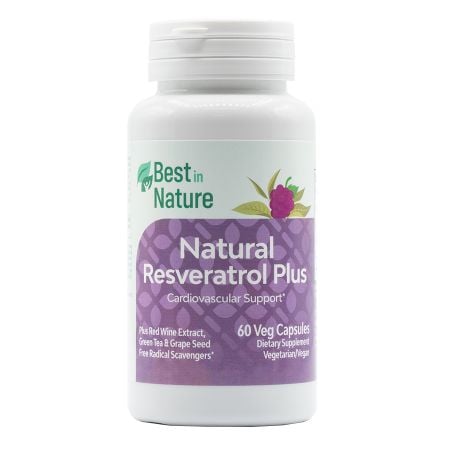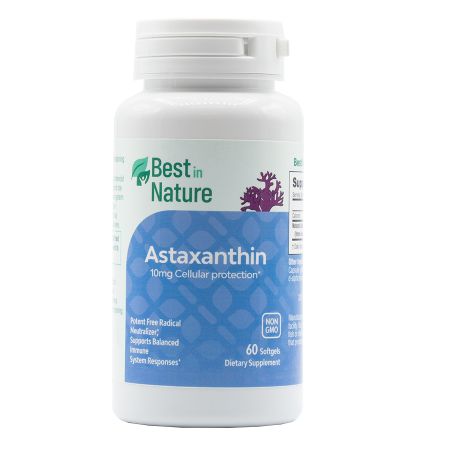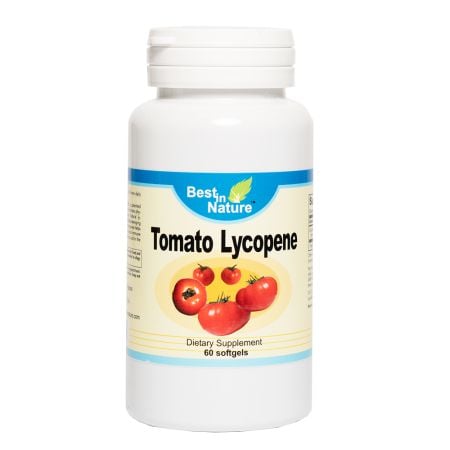
Antioxidants are the talk of the town. Dark chocolate, berries, fruits, juices, and other health food products often tout their high levels of antioxidants. So what are they doing and preventing? In short, inflammation and oxidative stress. The terms are often said without much explanation so let’s have a look at oxidative stress and the impact it can have on the body.
What is Oxidative Stress
Oxidative stress is an imbalance of free radicals and antioxidants within the body, which can lead to cell and tissue damage. Oxidative stress is a part of aging and contributes to many age-related health conditions.
If you’re curious about where you stand, a simple blood test can measure your antioxidant levels. We’ve also put together a handy blog about the daily recommendations for antioxidants and your top food sources.
What are free radicals?
Free radicals are unstable molecules with one or more unpaired electrons resulting as a byproduct of normal cell metabolism (ATP/energy synthesis within the mitochondria) or exposure to X-rays, ozone, cigarette smoking, air pollutants, and industrial chemicals.
Free radicals are classified as reactive oxygen species and reactive nitrogen species.
Examples of free radicals include:
- superoxide
- hydroxyl radical
- nitric oxide radical
The Impact of Oxidative Stress
Within acceptable levels, oxidation is a useful biological process that helps to fight off pathogens that could otherwise lead to infections. It is only when the body experiences an imbalance of free radicals and antioxidants that things become a problem.
Excess free radicals can lead to oxidative stress and inflammation which are mentioned together so often that it would be easy to think they’re the same thing. It’s worth clearing up from the beginning that the damage caused by oxidative stress is what leads to inflammation. Inflammation comes in two types, acute and chronic. Acute inflammation can manifest as acute pneumonia or cellulitis.
Chronic inflammation can lead to diseases such as
- Stroke
- Heart disorders
- Atherosclerosis
- Diabetes
- High blood pressure
- Asthma
- Cancer
- Chronic fatigue syndrome
Oxidative damage can also contribute to neurodegenerative diseases including
What Puts You at Risk for Oxidative Stress?
Oxidative stress is natural but certain behavioral and environmental factors can increase free radical production and the risk of oxidative damage.
Behavioral factors:
- Obesity contributes via NOX activation and O2 production.
- Diets high in ultra-processed foods especially those high in sugar lack antioxidants and create a “prooxidative environment.” within the body.
- Exposure to radiation generates reactive oxygen species (ROS) due to the radiolysis of water molecules
- Smoking cigarettes or other tobacco products causes oxidative damage via a direct inflammatory response.
- Alcohol consumption and metabolism directly lead to the production of ROS (reactive oxygen species) and RNS (reactive nitrogen species) creating an environment favorable for oxidative stress.
- Certain medications can accelerate the production of reactive oxygen species in what’s known as drug-induced oxidative stress. Disclaimer: do not stop taking any medications without the advice of your doctor.
- Chronic stress- the causal factor between stress and oxidative damage is poorly understood but they are strongly correlated.
Environmental factors
- Pollution: There are many pollutants that are either free radicals in themselves or can accelerate free radical production. Both can contribute to oxidative stress in the lungs.
- Exposure to pesticides or industrial chemicals has been associated with cardiovascular disease and birth defects. On top of these, it’s also strongly linked to oxidative stress.
Preventing Oxidative Stress
Because it’s a natural process like aging, you can’t completely prevent oxidative stress. However, you can decrease the level of oxidative stress you experience to mitigate or prevent certain conditions.
The main thing you want to do is make sure you get enough antioxidants in your diet since they pair with and neutralize free radicals. The other is to look at your risk factors above and adjust your lifestyle to reduce your risk exposure.
Antioxidant-rich foods to seek out are:
- Acai (102700 ORAC score)
- Dark Chocolate (20,816 ORAC score)
- Berries Elderberries: (14,697 ORAC units) Wild Blueberries (9,621 ORAC score) Cranberries: (9,090 ORAC units) Domestic Blueberries (4,669 ORAC score) Blackberries: (5,905 ORAC score)
- Prunes (5770 ORAC score)
- Sweet Potatoes (2115 ORAC score)
- Cherries (670 ORAC score)
- Citrus fruits (400-750 ORAC score)
- Dark leafy greens (1200-1700 ORAC score)
- Broccoli (2160 ORAC score)
- Carrots (300 ORAC score)
- Tomatoes (300 ORAC score)
Antioxidant-Rich Supplements to Consider
Bottom Line
Oxidative stress and the production of free radicals are a natural part of life and the process of aging. However, there is a natural balance past which these free radicals can be damaging and contribute to serious health conditions. Eating a wide-ranging healthy diet and possibly using the right supplements with the advice of your doctor could help to stay within a healthy balance.
This article is provided for informational purposes only and is not intended to be used as medical advice. If you have immediate concerns about your health, please seek the help of your physician.
*These statements have not been evaluated by the Food and Drug Administration. Products are not intended to diagnose, treat, cure or prevent disease.







Validate your login
Sign In
Create New Account